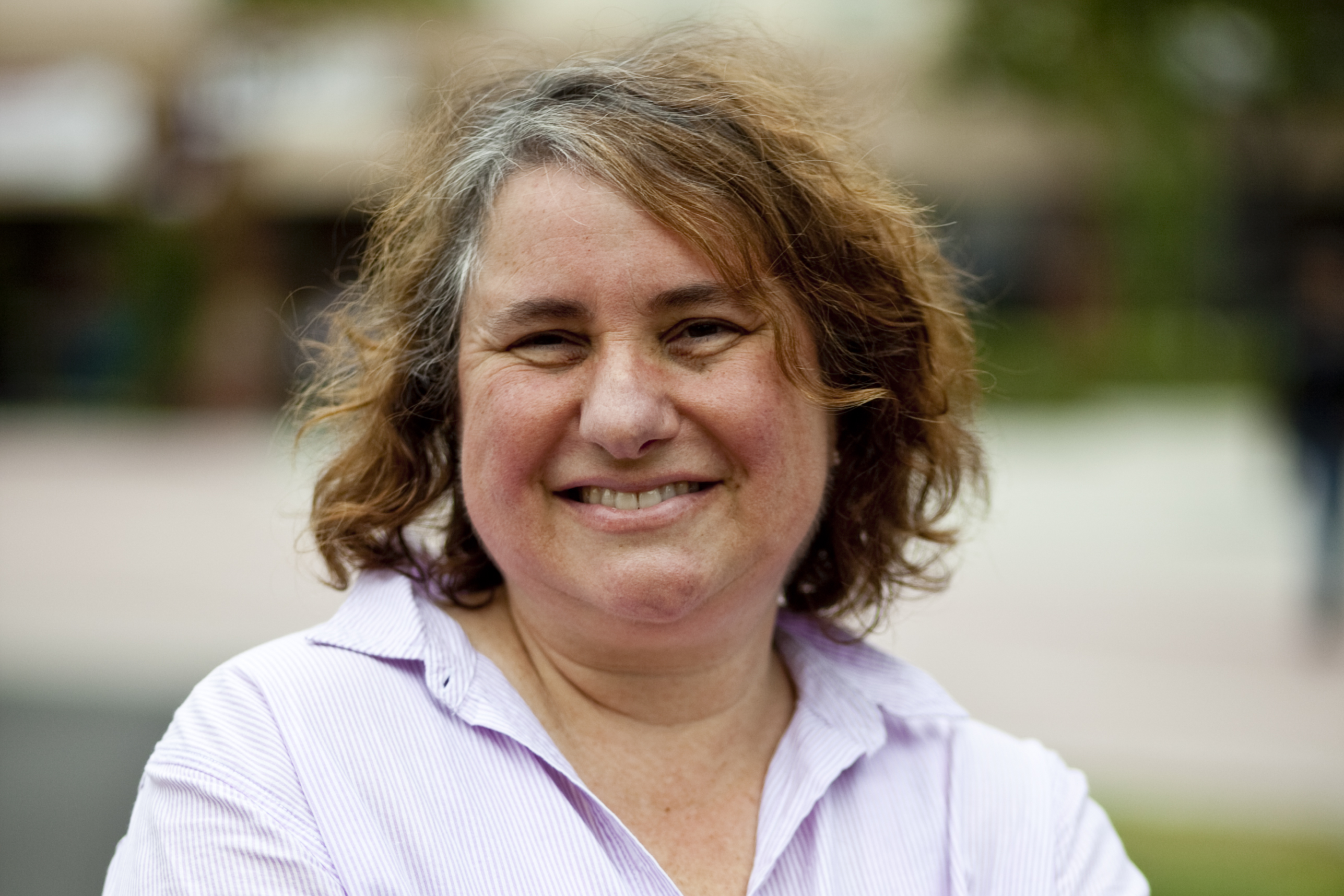
Dr. Judith Rood talks about Jewish and Christian traditions. | Job Ang/THE CHIMES
As the Biola community has engaged in the Middle East conference and Passover seder, it has had the opportunity to explore both the culture and traditions of Israel and the Middle East. Judith Rood, a professing Christian of Jewish descent, offers her insight into the intersection of Jewish and Christian traditions.
Rood is a professor of history and Middle Eastern studies and came to Biola nine years ago, after receiving her Ph.D. in modern Middle Eastern history from the University of Chicago, her master’s in Arab studies from Georgetown University, and her bachelor’s at New College of Florida. She has completed undergraduate and graduate work at Hebrew University in Jerusalem. She is also the first woman given clearance to engage in research in the Islamic Archives in Jerusalem, as well as the first American since 1967.
Q: With the Year of the Arts in mind, what does it mean to celebrate culinary art as liturgy?
A: [Thomas Howard] talked about liturgy as this anamnesis. It’s this cool Greek word about how liturgy and remembrance recreates the sacred event through liturgy. It’s really a beautiful concept. The idea of the Passover meal is, at its heart, that a historical event happened. And the historical event is the story of the Jewish experience in Egypt — how the Lord led them out with his own strong arm. He himself delivered Israel from slavery and created the nation at Sinai.
Q: What is the Passover and how do we celebrate it?
A: It’s a meal and it has a particular order. … There is a Messianic congregation called Ben David and they donated the Haggadahs, which is the book that is used for the meal. They are helping us do this on campus. It tells you everything you need to know about the liturgy. … The word seder means order. [This Haggadah] tells you that this is what Jesus did. … There is a lot of different variety in how the meal is prepared and it really is a great expression of diversity of culture in the church.
Q: How can evangelical Christians and Jewish people come together?
A: [Looking at] Ephesians 3:6 in context … it shows that for the church to exist there have to be Jewish and non-Jewish people in it together. It’s essential to the life of the true church. Over the centuries, Satan has done everything possible to keep Jews from accepting Jesus. … It’s just really important for people to understand that the Jewish culture is the culture that Jesus was talking to. He was a Jew and he understood, lived and breathed the Jewish culture … and not to allow Jewish people to think that by becoming followers of Jesus they stop being Jewish.
Q: How would you summarize the difference between how we practice the Passover and how it has been practiced in the past?
A: Well, Jewish people don’t recognize Jesus, so they don’t see the symbols that are right there for them to see. They look at it as a historical event in the past but often they don’t have a sense that God is still present among us. Many people interpret it as the liberation story. It can easily be reduced to the three-dimensional … [but] you need to have the [fourth dimension: spiritual] awareness of what God is doing presently. So when we do the liturgy, we’re not doing it to commemorate the past, we’re doing it to live the experience of those who were with Christ when he did the Last Supper. … It’s kind of a commissioning [as it was for the disciples].
Q: Why is this important now?
A: I think this is really important to complete the Chosen People Ministries conference because they’re focusing on theology and the last days … and in dispensational thinking, when the church is raptured, that’s the end of the church age. And then there’s going to be this apocalypse, then the new [heaven and earth] will begin. But we have to say, ‘The church does exist in this age’ and we have to take into consideration, ‘What is the church?’
Q. What is Christian Zionism?
A. Zionism is a bad word today. There are a lot of evangelical Christians who are opposed to what they feel is Christian Zionism and this is the kind of feeling they have about us. First we must learn to respect one another. Paul [Rood] and I wrote an article about this. So what we’re doing is frontline work. This is what I believe Biola does best.







